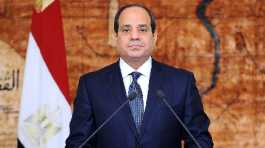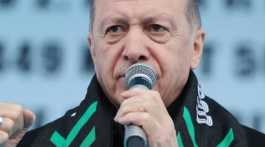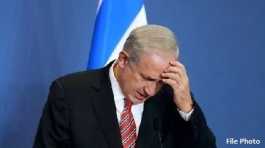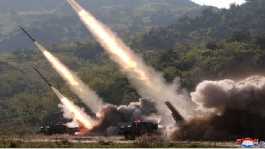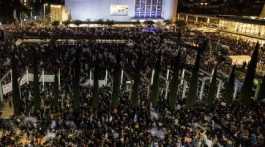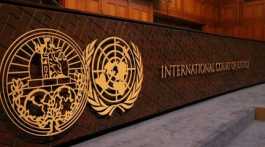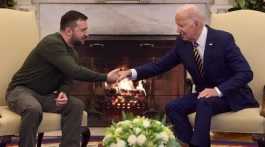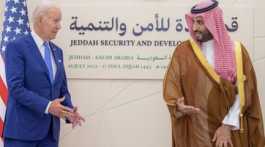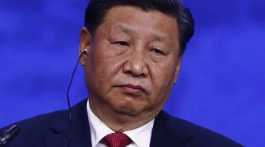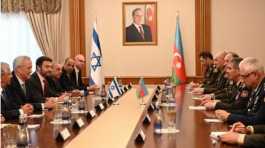12 years after the revolution, Egypt is no better than Syria and Iraq
by Rania Mostafa
The Mubarak regime was the most stable of the four military regimes that have ruled Egypt in recent times. The regime witnessed no violent demonstrations thanks to the iron grip that Mubarak maintained for 30 years. He surrounded himself with an elite of political, economic and media veterans to keep him in power. Moreover, the Egyptians had been exposed to the cultures and conditions of other nations.
